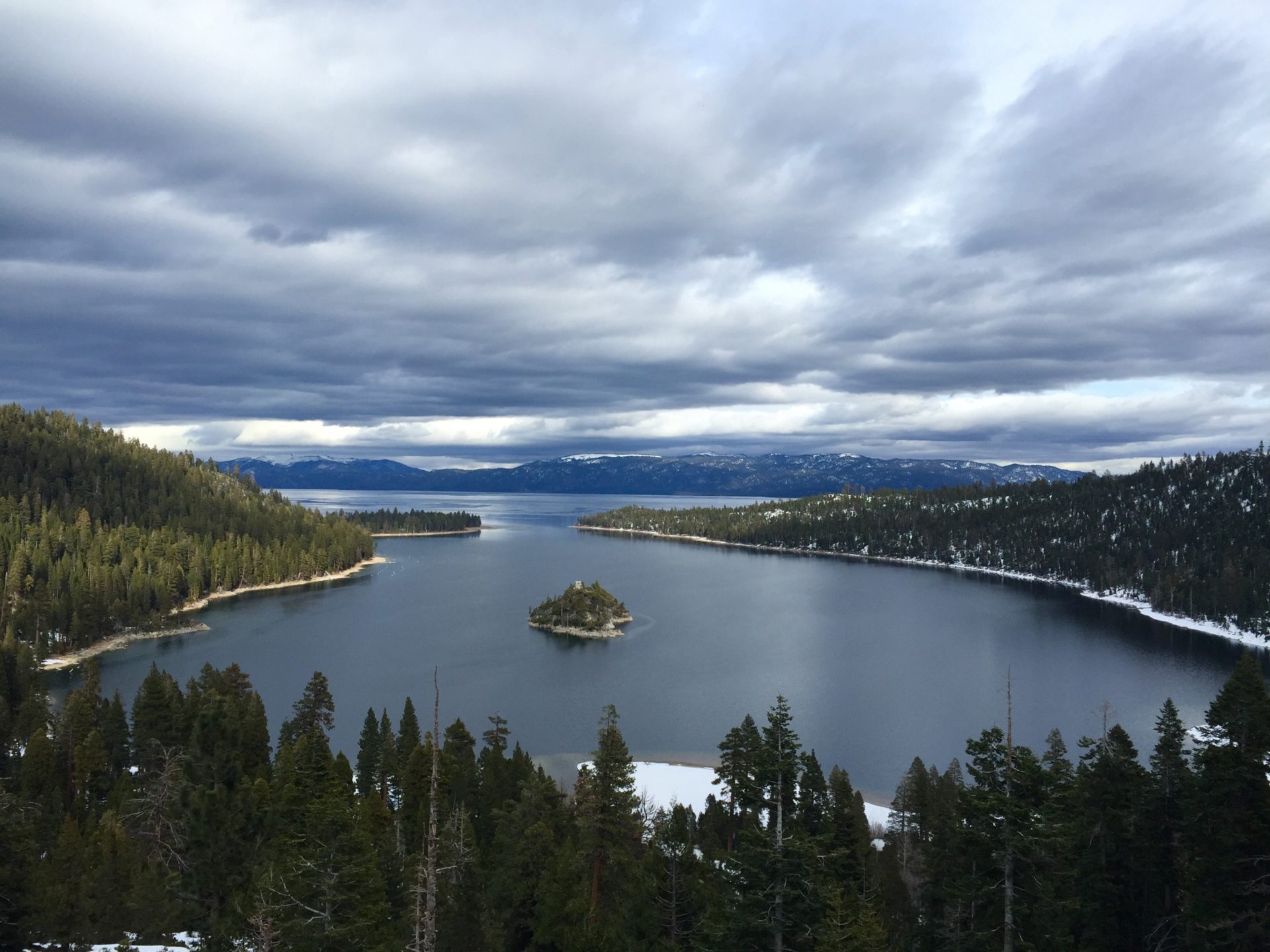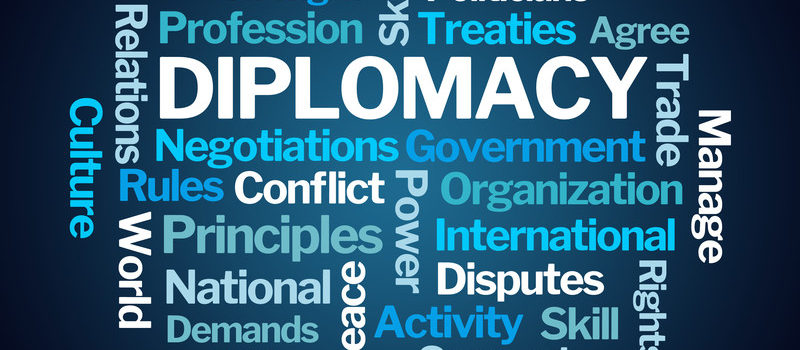Link to Power Point Presentation
“The liberal world order is a collection of multilateral intergovernmental organizations, international institutions, treaties, international law, civil society, and norms of international behavior, including international consensus, which govern the interactions of nations and cross-border commercial, civil society, and individual transactions and movement, focused primarily on economic and political order, but with some emphasis on social and cultural development and exchange as well. Loosely speaking, what we now call the liberal world order developed in the aftermath of World War II as an effort to assure that conflicts similar to the two world wars of the 20th century would never happen again.”
(Essay by Jack Krupansky, “Elements of Liberal World Order”, 23 May 2018)
EXTRA, EXTRA! READ ALL ABOUT IT!
- “Liberal World Order, R.I.P.” (Article by Richard N. Hass, Council on Foreign Relations, 21 March 2018)
- “The Myth of Liberal Order: From Historical Accident to Conventional Wisdom” (Article by Graham Allison, Foreign Affairs, July/August 2018)
- “The Return to Great-Power Rivalry Was Inevitable” (Article by Thomas Wright, The Atlantic, 12 Sept 2018)
- “Strengthening the Liberal World Order” (Article by Paula Dobriansky and Robert Kagan, World Economic Forum, April 2016)
- “Why the Liberal World Order Will Survive” (Paper by G. John Ikenberry, Ethics & International Affairs, 32 (1), 2018).
As the topic of the future of the liberal world order fills the pages of public policy journals and mainstream media, one may be left scratching one’s head wondering what exactly all this means and how it impacts U.S. national security. Luckily the National Security Forum has among its members an old hand and expert guide to walk us through the handwringing and debate and explain why this topic matters to national security today.
Rae Huffstutler has a distinguished career in the U.S. Intelligence Community serving in many prominent posts directly involved countering the rise of the Soviet Union and supporting the development of U.S. military and economic alliances during the seminal years of the establishment of what is oft known as the “liberal world order.” In his NSF presentation he will walk us through how this concept evolved following WWII as a means of keeping the peace in the wake of the tumultuous and deadly decades in the first half of the 20th century. Drawing from his experience in the intelligence community and his training as an economist, he will share his insight about how the security of the United States came to rely heavily on the political stability and economic growth that occurred in the latter half of the 20th century.
Moving into the 21st century, Rae will shed light on the challenges that the United States faces moving forward in light of cultural challenges including mass migration, military challenges including terrorism and a growing number of regional conflicts, political challenges including the rise of China and the nuclear aspirations of North Korea and Iran, and economic challenges including income inequality, shrinking workforces, and the growing need for specialized education and training.
In laying out the new and emerging threats to U.S. national security, Rae will help us delve into the debate about how U.S. policy will evolve to meet the reality of a new world order and how we will rise (or fall) in meeting global security threats in the decades ahead. Rae does not intend to provide answers for the litany of questions being asked about the future of the liberal world order, rather he will engage us in a thoughtful journey, challenging our commonly held beliefs and providing us with a framework to actively engage in the discussion.
Rae Huffstutler has a distinguished career in the Intelligence Community. He served as the Executive Director of the Central Intelligence Agency (CIA), the Director of the National Photographic Interpretation Center, and as the Director of Soviet Research at the Agency. Among his many accolades are twice being awarded the National Intelligence Distinguished Service Medal and in April 2003 he was inducted into the National Geospatial-Intelligence Agency (NGA) Hall of Fame for his contributions to imagery collection and intelligence. Rae received a BA in economics and an MA in international economics from the University of California, Berkeley. Rae is an active member and regular contributor and presenter of the National Security Forum. He lives, during the snowless months, in lovely Incline Village, Nevada with his wife Joan. (Update: We are sad to report that Joan passed away in October. Our hearts are broken. We will miss Joan and send Rae our love and prayers.)


